Exact Answer: 14 days
Bariatric surgery is a common surgical procedure performed on patients opting for radical weight loss. It is performed on obese patients. The surgery helps alleviate the problems and conditions associated with obesity including sleep apnea.
Medically, a whole cluster of procedures is grouped under the term ‘bariatric surgery’. A gastric bypass procedure is the most common type of bariatric surgery, although there are other minor procedures that doctors perform on obese patients to reduce the ability of their bodies to absorb nutrients. Generally, a physician recommends bariatric surgery only when the usual diet and exercise routine has failed to produce notable results.
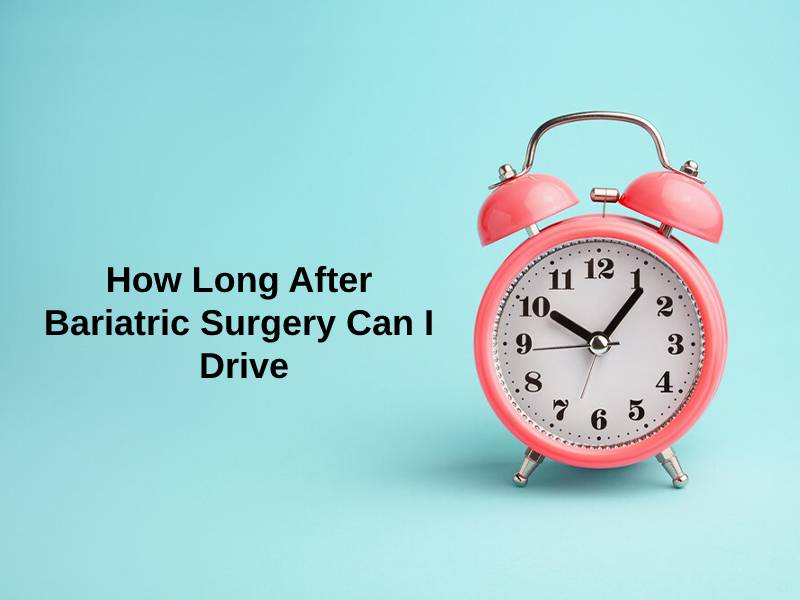
How Long After Bariatric Surgery Can I Drive?
Although a patient is encouraged to walk within the first 24 hours of undergoing surgery, the norms for driving are quite different. Resumption of driving privileges happens much later. After any major surgical procedure, the patient is recommended to spend considerable time on bed rest. This helps the patient recuperate from the surgery. Similarly, when an obese patient undergoes bariatric surgery, the operating surgeon prescribes a period of bed rest extending to at least 2 weeks.
The stipulated time frame for rest given to a patient post a bariatric procedure can range from 7 to 14 days. Some patients recover within 7 days while others may take longer. The specifics of this time frame will be determined by the age of the patient, his progress after the surgery, as well as the other existing conditions and co-morbidities of the concerned individual.
The doctor supervising the patient’s care reviews all these factors to specify a favorable time frame for the individual. Similarly, these rules also apply to the ability of the patient to drive. After a major surgical procedure patients are not allowed to drive a vehicle –unsupervised- for up to 2 weeks.
After undergoing bariatric surgery, a patient must refrain from driving a car for at least 7 days. However, it must be cognized that this is the lower limit of the time frame. Under special notifications from the doctor, this may well be extended to 2 weeks or even longer. This happens when the patient has severe pain after the procedure or there are other complications arising from the surgery.
In summary:
| Post-Op Condition | Resumption of Driving Privileges |
| Normal | Within 7 days |
| Complicated | After at least 14 days |
Why Does It Take So Long After A Bariatric Surgery To Drive?
Any surgical procedure is painful and traumatic. Physicians opt for narcotic medications to help assuage this pain in the patient’s body. Thus, after any surgical procedure, the patient is prescribed several palliative medications.
Similarly, after a bariatric surgery like a gastric bypass, the pain of the procedure is bound to linger for a while. Therefore, the patient remains on a course of palliative medications 0narcotics- to help relieve the uneasiness and pain.
Generally, the patient is asked to rank his pain on a scale of 1 to 10. This helps the healthcare team looking after the individual to monitor and regulate his drugs accordingly. However, the norm remains that no patient can drive under the influence of narcotic medication.
Pain medications are known to blur the judgment of the individual, while also affecting his vision and alertness. This is the core reason for restricting driving privileges for the patient for up to 14 days after the surgery. The general assumption is that by this time, the patient’s pain is relatively mild and bearable, thus, not requiring any palliative care. The bottom line remains that one needs to be aware of his or her surroundings before one can resume driving after bariatric surgery.
However, in certain cases, when the site of the surgery is sore or there is lasting pain around the site, the doctor may postpone this general timeline even further. This is done to ensure the well-being of the patient. Moreover, if the incision site hurts while driving, one should stop immediately and consult a doctor. This may be a sign of something quite serious.
Conclusion
Bariatric surgery is quite a complicated and painful procedure. Although it helps improve the patient’s quality of life, it comes with certain hefty risks that one needs to evaluate before opting for the procedure. The pain caused by the surgery lasts for quite an extensive period in most patients. Thus, doctors tend to follow a thorough statutory system to allow patients different daily privileges like driving, walking, etc.
In most cases, patients can drive when they are weaned off the pain medication that is prescribed after the surgery. Anticipating the hallucinogenic impact of the medication, doctors suggest driving only after 2 weeks of the surgery, when patients are no longer consuming these medications.

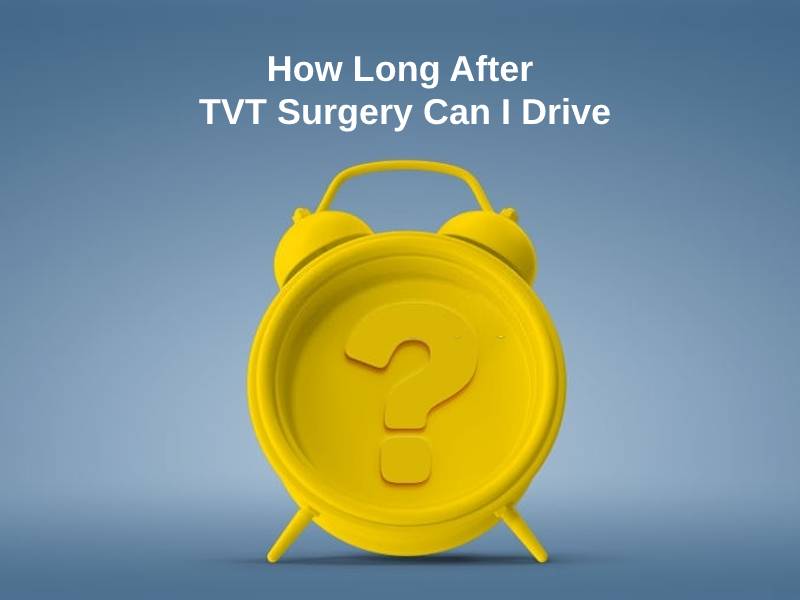
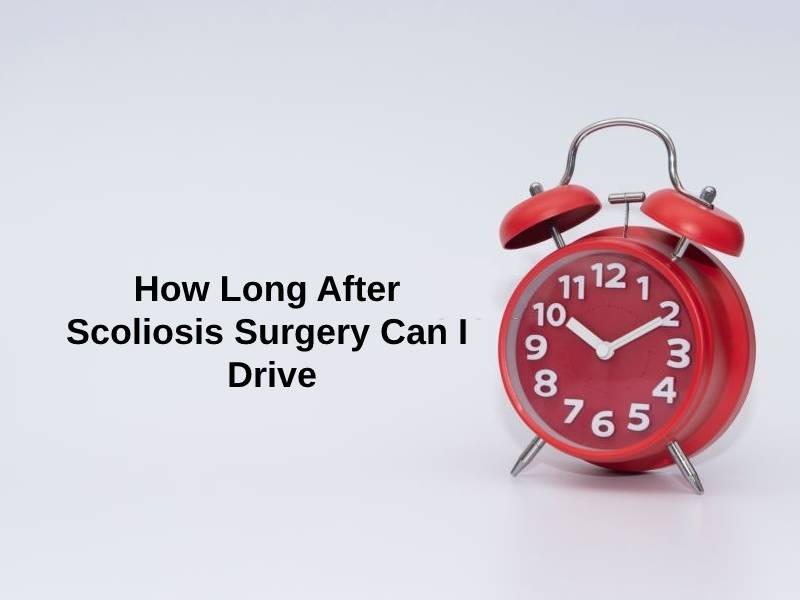
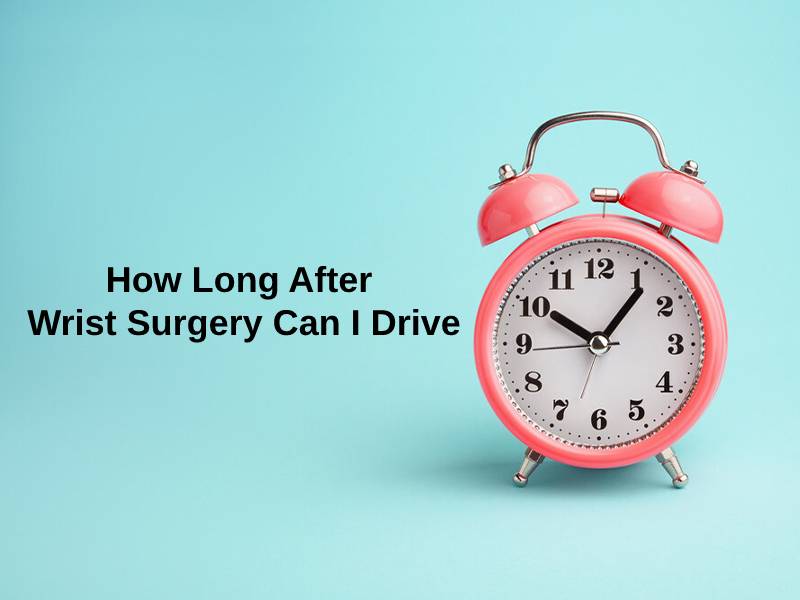
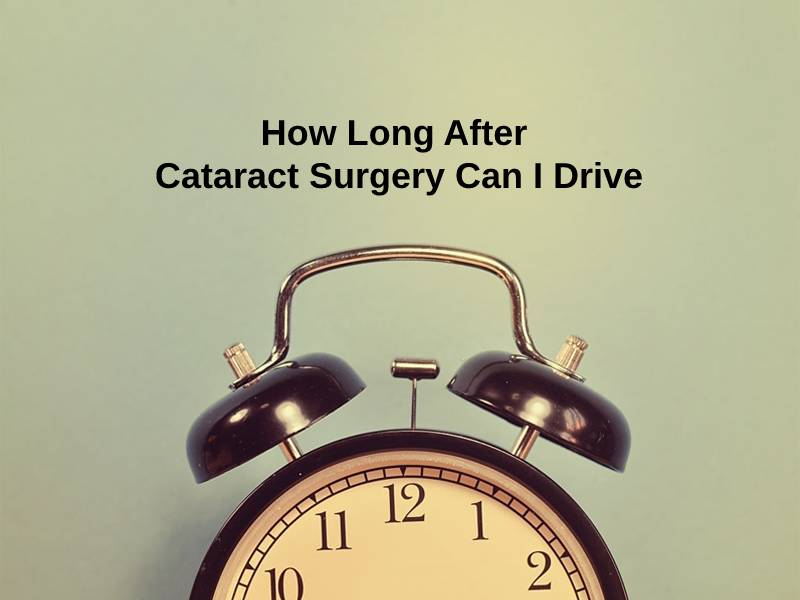
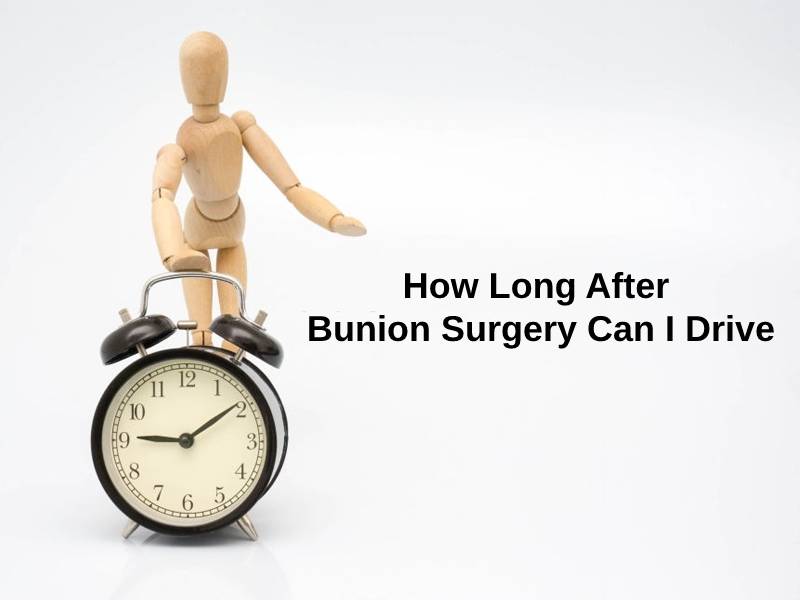
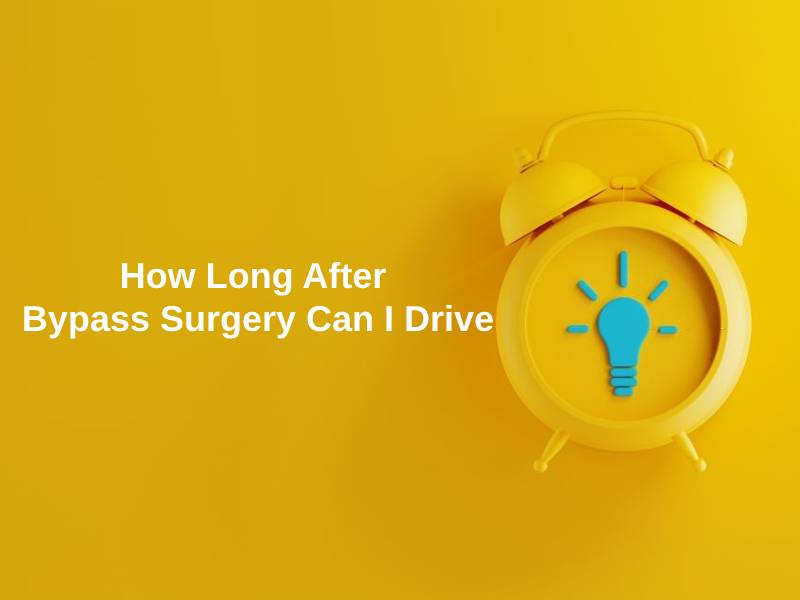
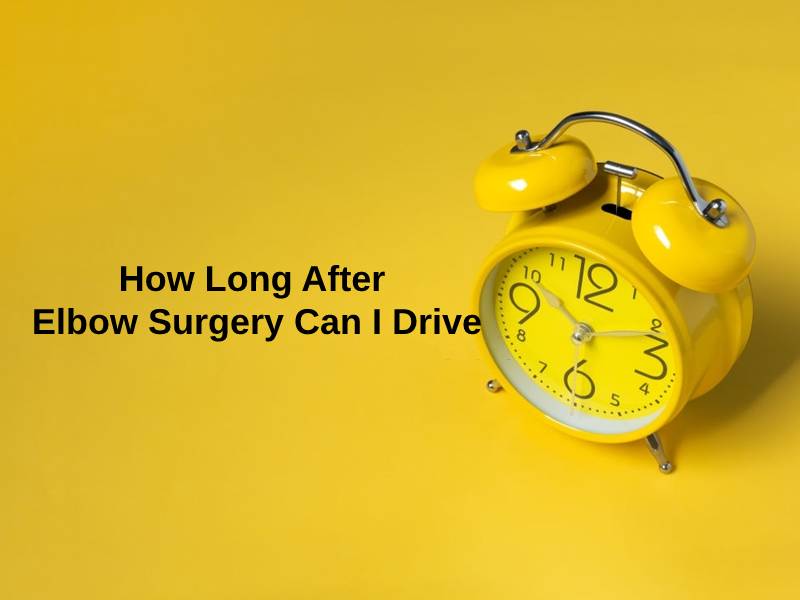
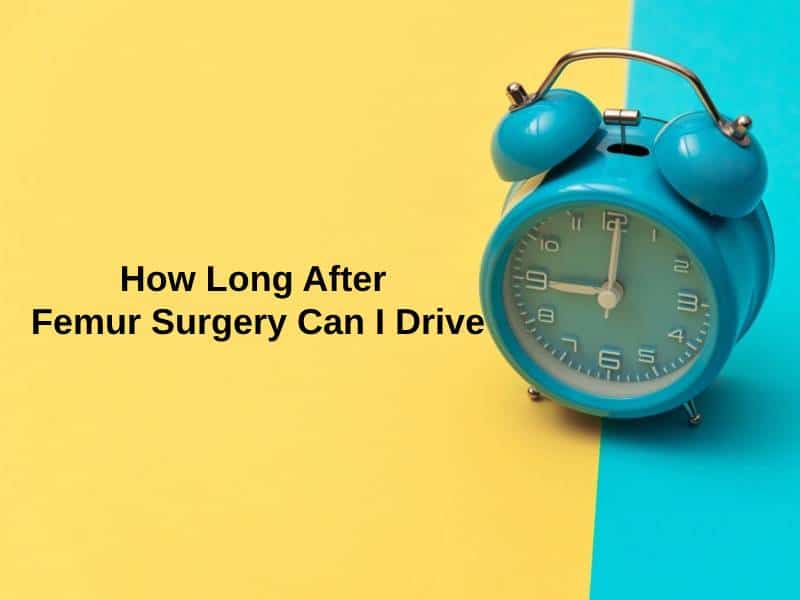
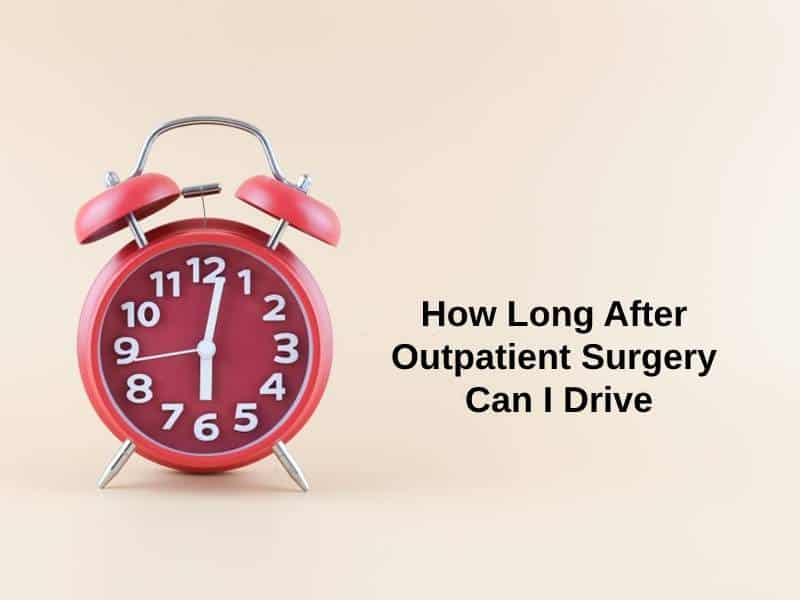
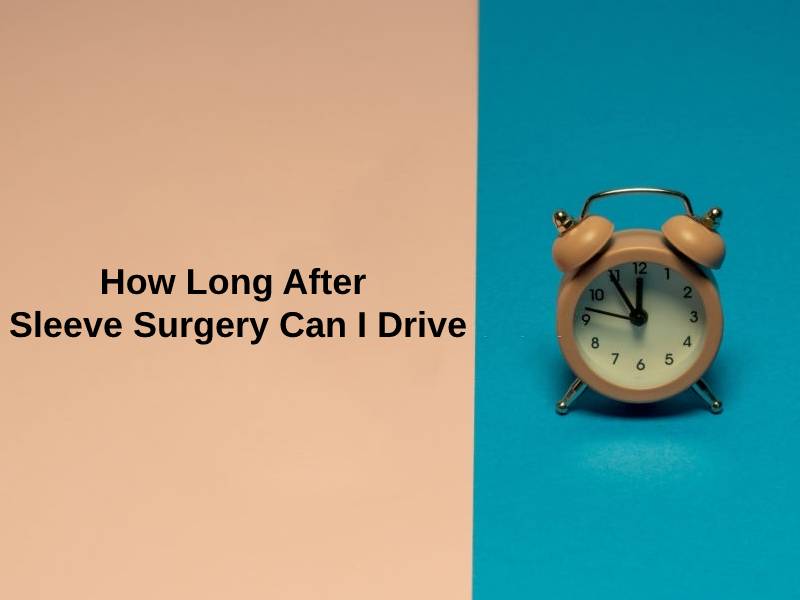
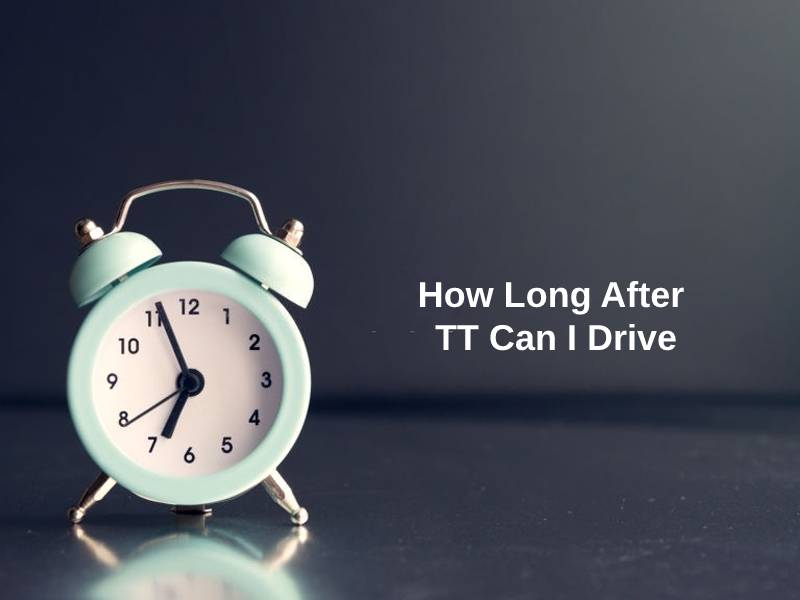
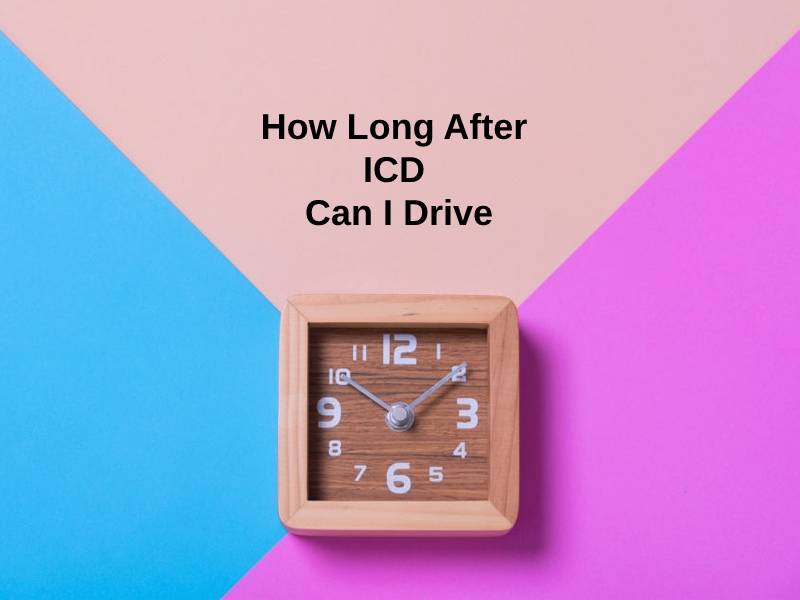
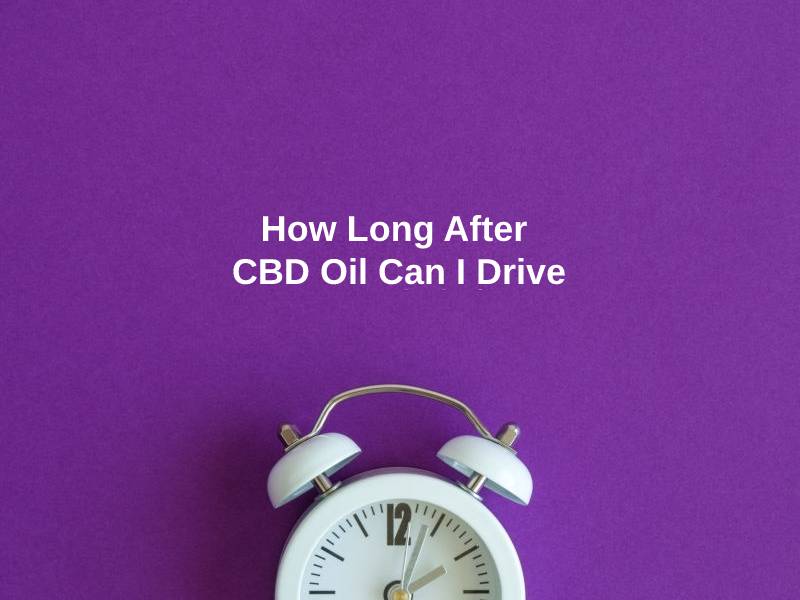
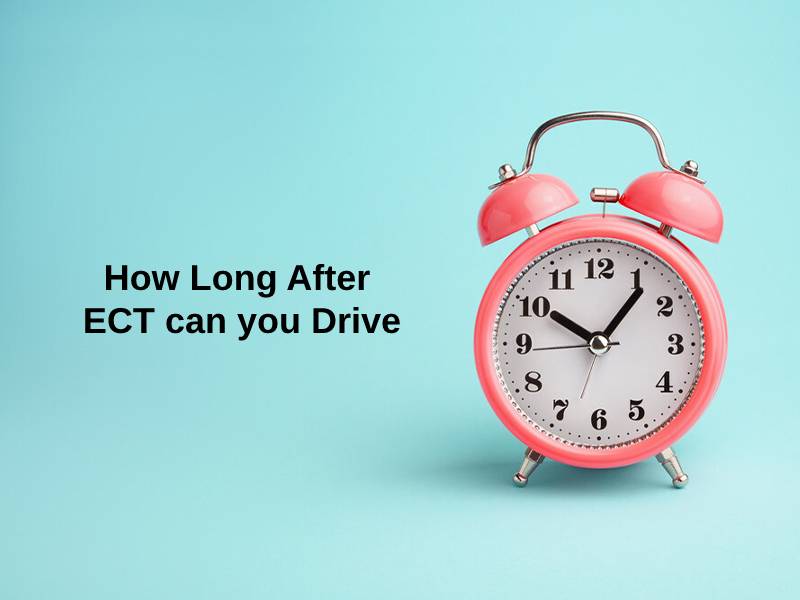
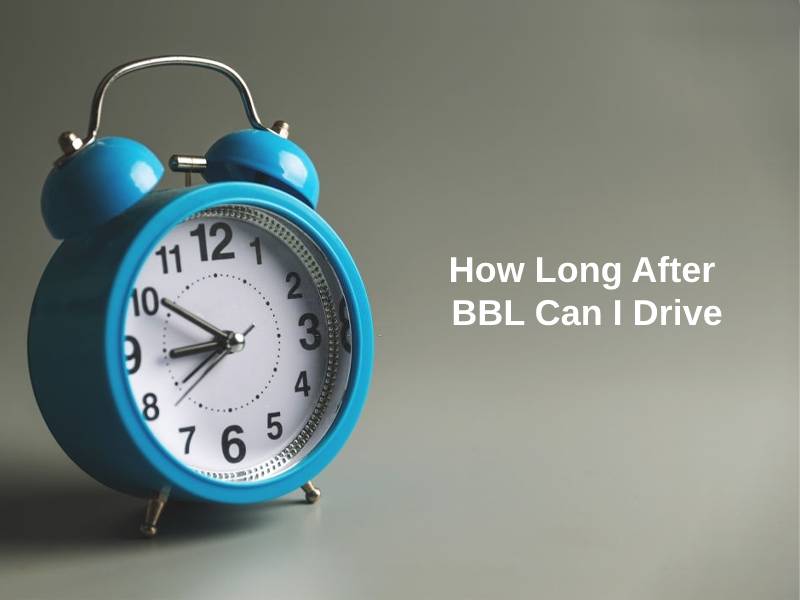
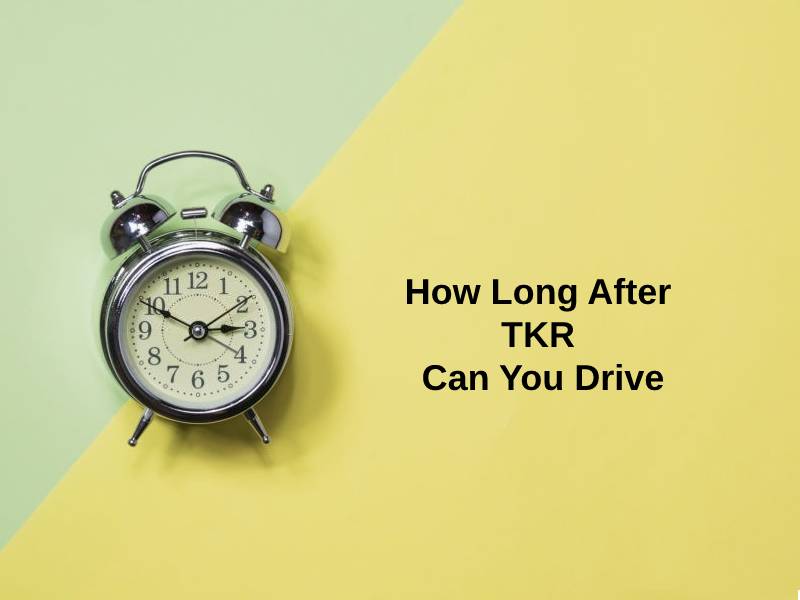
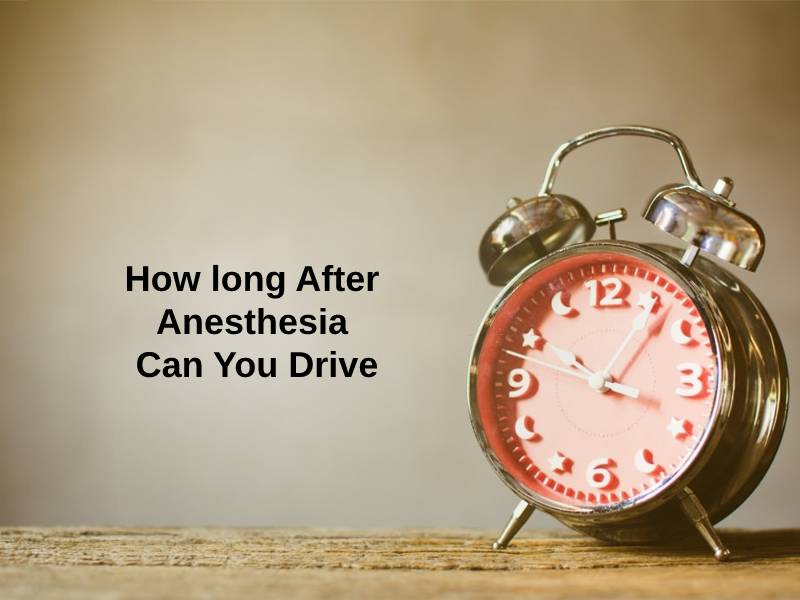
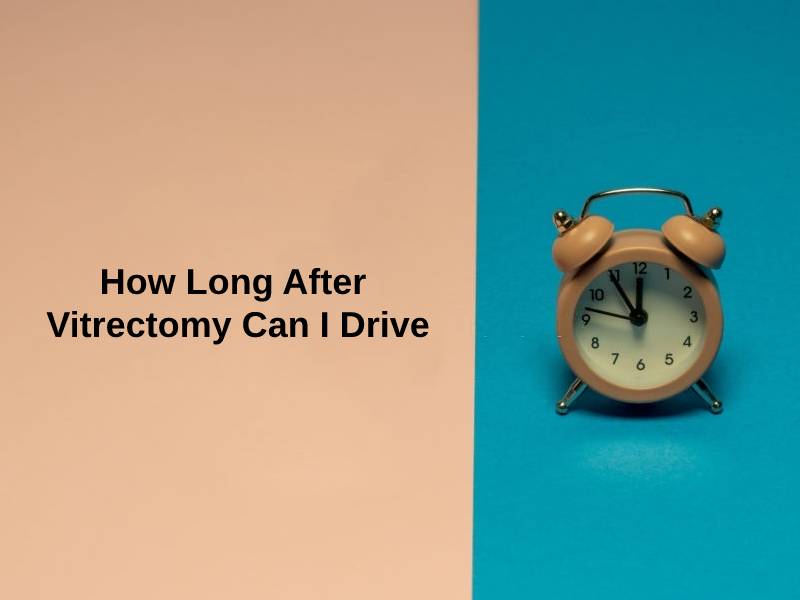
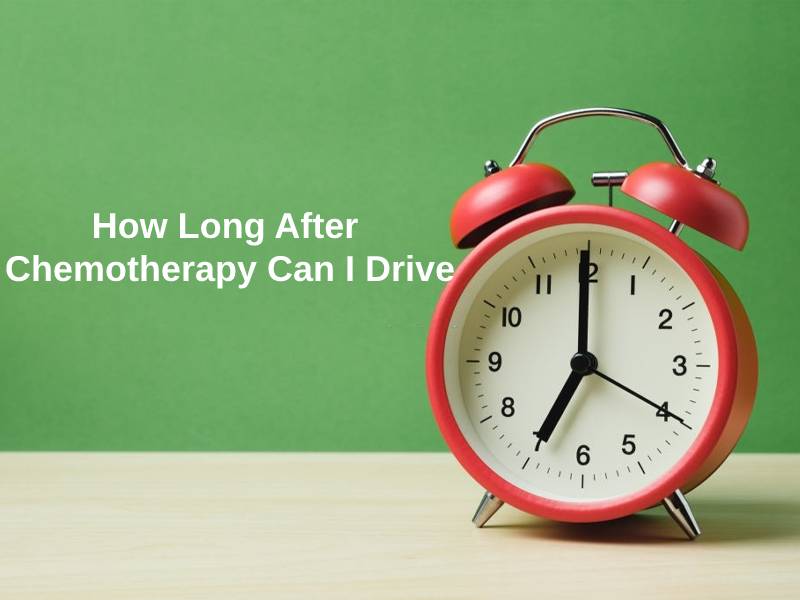
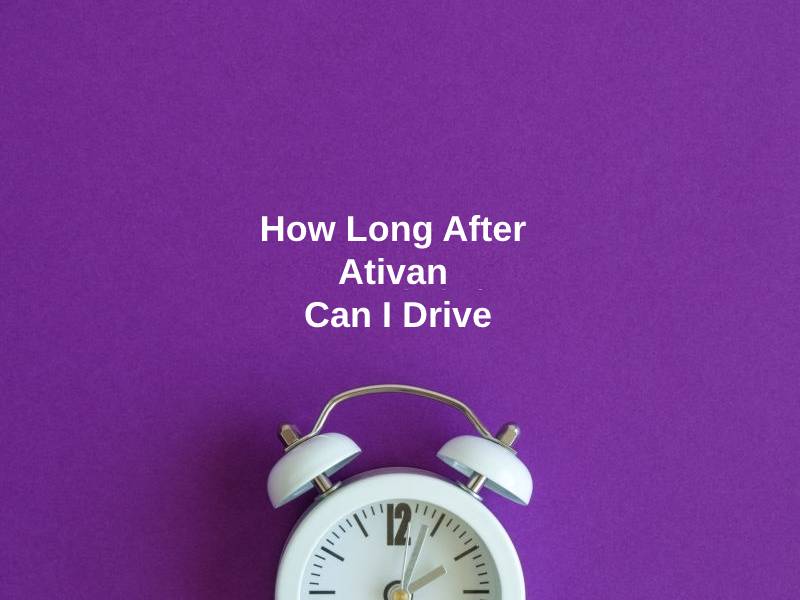
This article offers a comprehensive perspective on the recovery period after bariatric surgery and its implications for driving privileges. Patients must adhere to medical guidelines for optimal recovery.
Absolutely, Hill Kirsty. Emphasizing the importance of patient safety and recovery timelines is crucial for post-operative well-being.
The recovery period after bariatric surgery is clearly outlined in this article. Patients need to be aware of the potential risks and restrictions related to driving during this time.
The article provides valuable insights into the reasons behind the delayed resumption of driving privileges after bariatric surgery. Patients should prioritize safety and follow medical advice.
Absolutely, Mia58. Understanding the impact of pain medications and the need for careful evaluation of one’s condition before driving is pivotal for post-operative recovery.
The complexities of post-operative recovery and the considerations for driving privileges are well-articulated in this article. It’s crucial for patients to prioritize safety and follow medical recommendations.
Absolutely, Wilkinson Alexa. Understanding the reasons for delayed resumption of driving after bariatric surgery is essential for patient well-being and safety.
The detailed explanations about the impact of pain medications on driving privileges after bariatric surgery are enlightening. Prioritizing patient safety during the recovery process is crucial.
I completely agree, Gary70. Understanding the reasons behind delayed driving privileges is essential for patient well-being and safety.
This article provides a nuanced understanding of the factors influencing the resumption of driving after bariatric surgery. It’s a commendable resource for patients and healthcare providers.
This article provides an insightful and comprehensive explanation about the recovery period after bariatric surgery. It’s important for patients to understand the factors that influence the resumption of driving privileges.
The article effectively emphasizes the need for patients to follow their doctor’s recommendations regarding driving after bariatric surgery. It’s crucial for ensuring safety and proper recovery.
I completely agree, Jayden41. The detailed information about the impact of pain medications on driving ability is particularly enlightening.
The article effectively details the impact of pain medications and recovery variations on driving post bariatric surgery. Patients should prioritize their safety and follow medical advice.
Well-stated, Sscott. Prioritizing the well-being of patients and understanding the factors influencing driving after surgery is essential for a safe recovery process.
The comprehensive discussion of factors influencing the resumption of driving privileges after bariatric surgery is highly informative. Patients must prioritize safety and recovery during this critical period.
The detailed insights into the impact of pain medications and recovery variations on driving after bariatric surgery provide valuable guidance for patients and healthcare professionals.
Well-stated, Turner Zach. This article effectively highlights the importance of adhering to recovery timelines and prioritizing patient well-being.
This article is an informative resource for individuals considering or recovering from bariatric surgery. It offers a comprehensive understanding of the recovery process and associated restrictions.
I agree, Djames. The detailed explanations about the impact of pain medications on driving and the potential variations in recovery times are especially helpful.
The article’s emphasis on the importance of patient safety and adherence to medical guidelines regarding driving after bariatric surgery is commendable.
This article provides valuable insights into the considerations for resuming driving privileges post bariatric surgery. Patients must prioritize safety and adhere to recovery guidelines.
I completely agree, Noah06. The in-depth explanations about the impact of pain medications and recovery period on driving ability are highly informative.